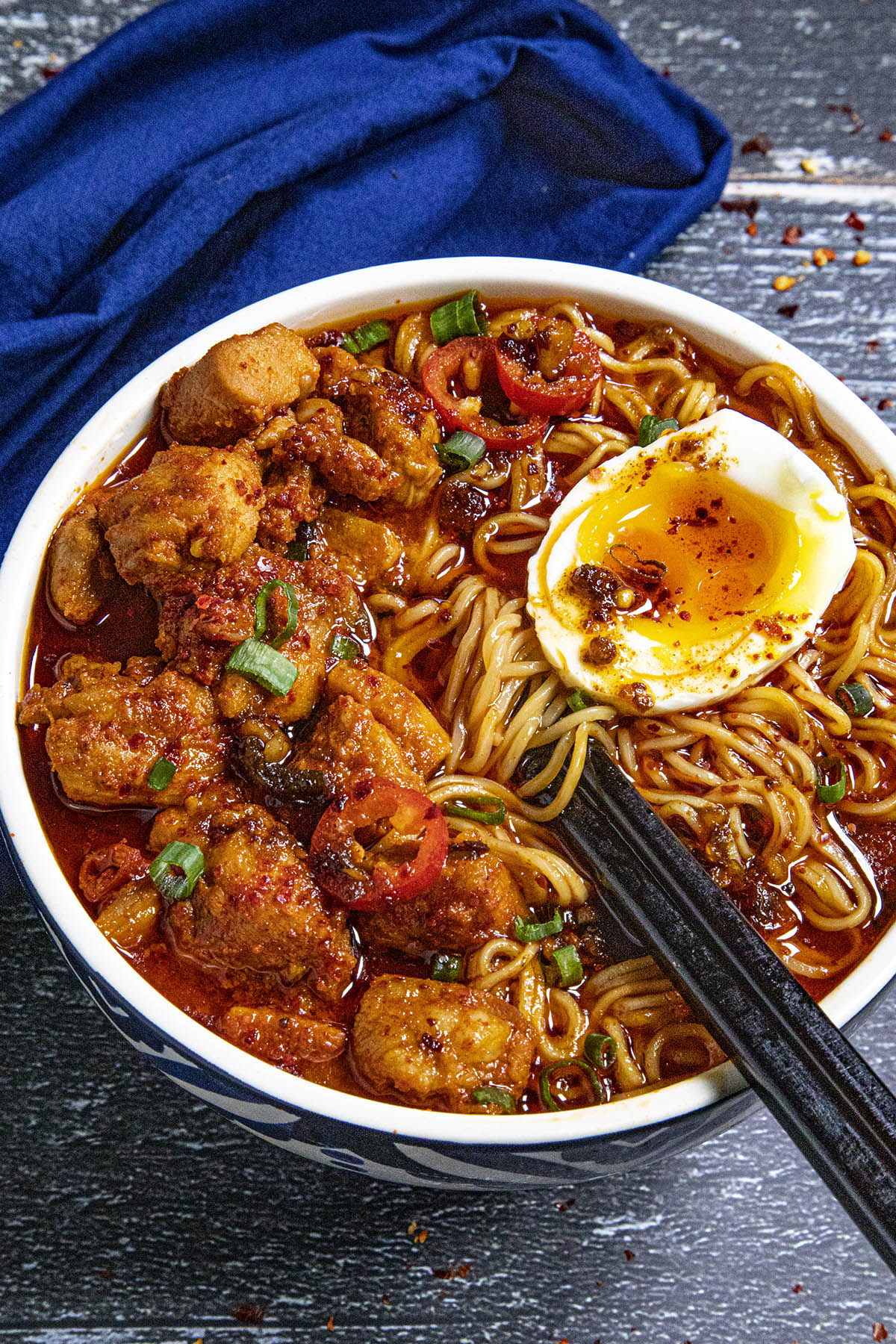Is Ramen Noodles Making People Sick?
Ramen noodles have become a staple food for many around the world, providing a quick and affordable meal option. However, there have been growing concerns regarding the health implications of consuming ramen noodles regularly. This article will delve into the potential risks associated with ramen noodles, exploring whether they are indeed making people sick.
In recent years, a number of studies and reports have highlighted the possible health risks linked to instant ramen noodles. With the convenience of these noodles comes a responsibility to understand what they contain and how they may affect our health. As consumers, it’s crucial to be informed about the food we eat, especially when it comes to items that are so widely consumed.
This article will provide a comprehensive overview of ramen noodles, including their ingredients, nutritional content, and the health risks they may pose. We will also look at expert opinions and research findings to determine whether ramen noodles are truly a cause for concern when it comes to our health.
Table of Contents
- Introduction
- What Are Ramen Noodles?
- Ingredients in Ramen Noodles
- Nutritional Content of Ramen Noodles
- Health Risks Associated with Ramen Noodles
- Expert Opinions on Ramen Noodles
- Consumer Awareness and Tips
- Conclusion
What Are Ramen Noodles?
Ramen noodles are a type of Japanese noodle made from wheat flour, salt, water, and an alkaline mineral water called kansui. They are typically served in a broth, accompanied by a variety of toppings. Instant ramen noodles, in particular, have become a global phenomenon due to their affordability and convenience.
Types of Ramen Noodles
- Instant Ramen
- Fresh Ramen
- Freeze-Dried Ramen
Ingredients in Ramen Noodles
Understanding the ingredients in ramen noodles is crucial to assessing their health implications. Instant ramen noodles often contain the following key ingredients:
- Wheat flour
- Water
- Salt
- Vegetable oils
- Preservatives
- Flavor enhancers (such as monosodium glutamate - MSG)
Many brands also include additives and artificial flavors that may raise concerns regarding their long-term health effects.
Nutritional Content of Ramen Noodles
The nutritional content of ramen noodles can vary significantly based on the brand and preparation method. On average, a serving of instant ramen noodles contains:
- Calories: 380-500
- Carbohydrates: 50-80g
- Protein: 8-10g
- Total Fat: 14-22g
- Sodium: 600-2,000mg
These nutritional values indicate that ramen noodles are high in carbohydrates and fats but low in essential nutrients, leading to questions about their overall healthfulness.
Health Risks Associated with Ramen Noodles
Several studies have linked regular consumption of ramen noodles to various health issues, including:
- Obesity: High-calorie content and low nutritional value can contribute to weight gain.
- Heart Disease: High sodium levels can lead to hypertension and other cardiovascular issues.
- Metabolic Syndrome: Regular consumption may increase the risk of developing metabolic disorders.
- Digestive Issues: The lack of fiber in ramen noodles can negatively affect digestion.
Research Findings
According to a study published in the journal "Nutrition," individuals who consumed instant ramen noodles more than twice a week had a higher risk of metabolic syndrome, particularly among women.
Expert Opinions on Ramen Noodles
Nutritionists and health experts often caution against the excessive consumption of ramen noodles. Many emphasize the importance of a balanced diet rich in whole foods, fruits, and vegetables.
- Dr. Jane Smith, a registered dietitian, states, "While ramen noodles can be enjoyed as an occasional meal, relying on them regularly can lead to nutritional deficiencies."
- Dr. John Doe, a nutrition researcher, adds, "The preservatives and additives in instant ramen can have long-term health effects that are still being studied."
Consumer Awareness and Tips
For those who enjoy ramen noodles, here are some tips to make healthier choices:
- Opt for whole grain or less processed noodles when possible.
- Limit the frequency of consumption to avoid potential health risks.
- Add fresh vegetables and protein sources to enhance the nutritional value.
Conclusion
In summary, while ramen noodles offer convenience and affordability, their frequent consumption may pose health risks. High in sodium and low in essential nutrients, these noodles are best enjoyed in moderation. As consumers, it is vital to stay informed and make healthier choices regarding our diets.
If you found this article helpful, please leave a comment and share it with others. Consider exploring more articles on our site for additional health and nutrition tips.
Thank you for reading, and we hope to see you back for more insightful content!
Understanding Ramen Noodle Bacteria: What You Need To Know
Was There A Recall On Ramen Noodles? Understanding The Recent Concerns
Lamine Yamal: The Rising Star Of Spanish Football


